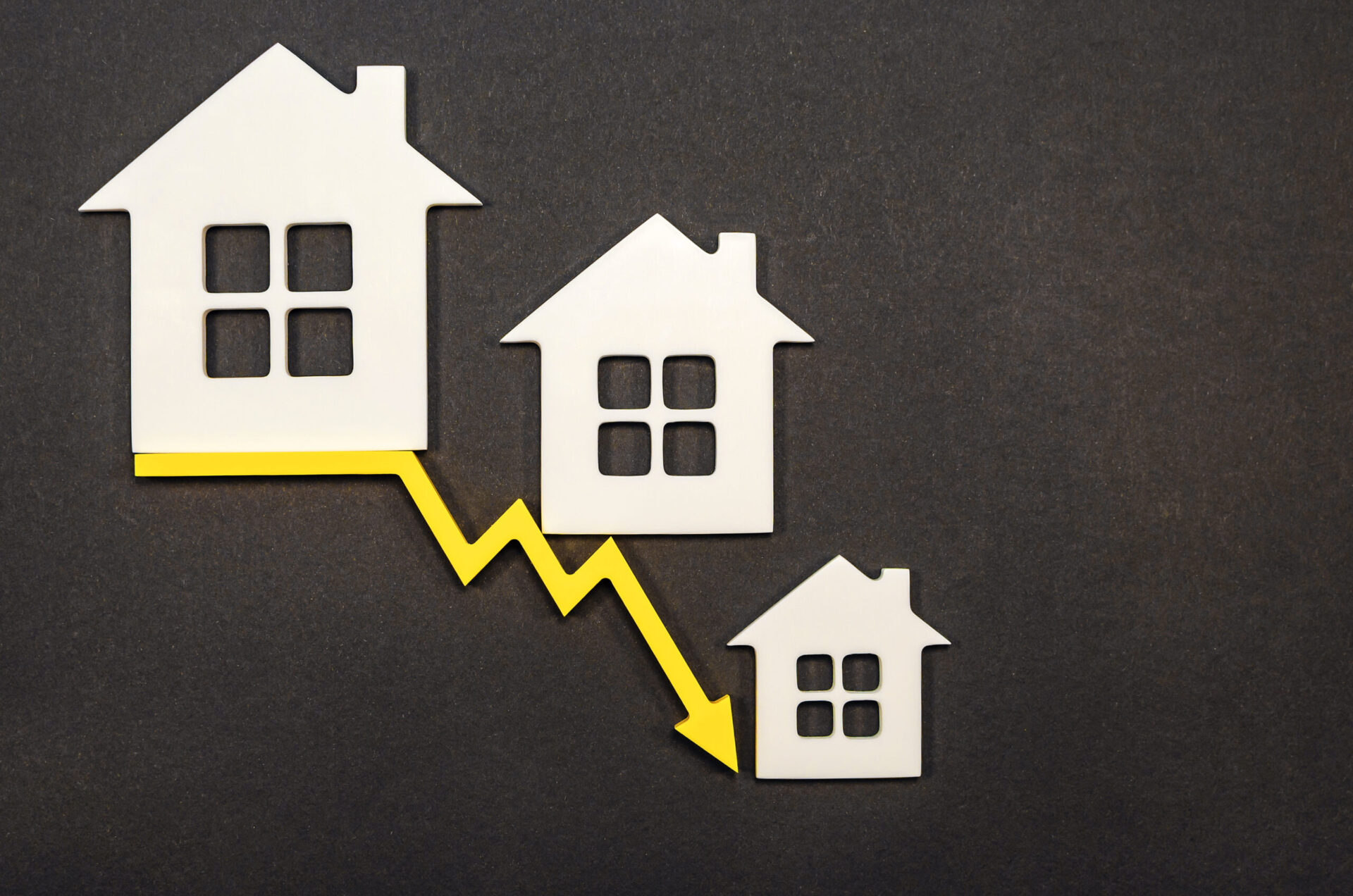By CHUCK GREEN
According to experts, not only is the housing market expected to continue cooling this year, the forecast remains chilly entering 2023.
Real house prices jumped 10.5% in September and logged a 60.6% YOY increase, according to First American’s Real House Price Index. But prices fell in 15 out of the top 50 markets they analyze.
Mortgage originations saw their largest annual decline in 21 years this fall, further evidence that the housing boom is coming to an end.
Originations fell 47% YOY in Q3, according to ATTOM Data’s Q3 2022 U.S. Residential Property Mortgage Origination Report. Quarter-over-quarter they were down 19%, the sixth consecutive drop.
So, what in the name of the cranky barometer’s up? For one thing, surprise, surprise, the Federal Reserve.
“Given the expectation that the Federal Reserve will tighten monetary policy through 2023 as inflation rates come down, we expect housing to continue to be weak in 2023,” Robert Dietz, Chief Economist and Senior Vice President for Economics and Housing Policy at the National Association of Home Builders, told The Mortgage Note.
Dietz indicated that as interest rates climb and the cost of building remains on track to eliminate a substantial chunk of prospective buyers from the market, in the quarters down the road, there will be a deceleration in the rate of home ownership.
Isn’t the market just balancing out after a wild ride during the pandemic?
“I feel that since we are already in the midst of a cooling down from the frenetic pace of last year into early this year, many buyers and some sellers have already adjusted to the ‘new normal’,” Emma Kerins, Licensed Associated Real Broker at Brown Harris Stevens, told The Mortgage Note.
Terra Holdings, LLC, the parent company of Brown Harris Stevens, is one of America’s largest privately-held real estate services companies.
Kerins said that the time between Thanksgiving and the end of the year are traditionally slow times for activity in any given year or type of market so the real test will be to see how the market moves from mid-January onwards.
Bonuses will be in place and a portion of buyers who took themselves out of the market when interest rates spiked and the stock market started to decline will re-enter the market, she continued.
“In addition, we hope to see more inventory since sellers also reacted to these factors and pulled their apartments from the market over the past few months. Those that need to sell will most likely re-list after the new year and into the Spring,” Kerins said.
Kerins has consistently ranked as one of the top-producing agents in New York City and has been named by the Wall Street Journal as one of the top brokers in New York State. In 2021, Emma was ranked as the #1 salesperson in Brown Harris Stevens’ West Side office, and she was also ranked in the top 1% of brokers companywide.
There are still some states where home prices are growing due to demand.
Home prices are increasing the most in these states:
Florida- 29.8%
Arizona- 25.5%
North Carolina- 25.2%
Montana- 24.9%
Tennessee- 24.3%
Where Are Home Prices Increasing the Slowest?
District of Columbia- 5.2%
North Dakota- 10.6%
Louisiana- 10.8%
Minnesota- 11.3%
What are brokers doing?
“If properties are not getting traffic and or offers, brokers have to have very realistic and direct conversations with sellers about pricing and have them quickly reduce a price if a property is not selling and, for example, not wait for months,” said Kerins.
While mortgage rates are double from last year’s rate, they’re still historically low, she continued.
“Coupled with a drop in prices, some buyers are recognizing this dip in the market as an opportunity. Rather than try to time the bottom of the market — which is nearly impossible — some buyers feel comfortable with today’s prices and are still transacting. Therefore, there are buyers out there, but they will not overpay in this market,” Kerins said.
What is the forecast for home building?
Added Dietz: “For 2023, we’re forecasting additional declines for single-family construction compared to already reduced 2022 construction volumes.”
Dietz said in 2024, they expect the housing sector will lead the overall economy into a recovery, as the Federal Reserve eases monetary policy.
This will culminate in lower mortgage interest rates and a rebound for housing demand, he added.
“We expect this rebound to play out over 2024 and 2025, increasing single-family construction levels to volumes high enough to reduce the structural housing shortage.”
From there, continued Dietz, “a good runway for home building exists, playing out for the rest of the decade due to favorable demographics and years of underbuilding.”
Follow Us On Twitter:
Read More Articles By Chuck Green:
Leaders: There Are Still Potential Buyers Despite The Odds
Sun Belt Deals Called Off As Housing Market Slumps
Zero Down Payment, Zero Closing Cost Mortgages Advance Efforts To Broaden Access To Homeownership
